Are you considering bringing a Samoyed into your home as a pet? If so, you are in for a treat. Samoyeds are a beautiful and affectionate breed that make great companions for families and individuals alike. They are known for their fluffy white coats and friendly personalities, often described as “smiling” due to their upturned mouths. However, owning a Samoyed also comes with unique challenges that potential owners should be aware of before making a commitment. In this guide, we’ll explore the pros and cons of owning a Samoyed and what you can expect from this wonderful breed.
Breed Category: Working
Country of Origin: Russia
Average Size:51-56 cm (male), 46-51 cm (female)
Average Weight:23-30 kg (male), 17-25 kg (female)
Average Life Span: 12-14 years
Grooming Requirements: High
Exercise Requirements:High
History and Origin
The Samoyed is a breed of dog that originated in Siberia, Russia. They were originally bred by the Samoyede people, who were nomadic reindeer herders. The Samoyede people used the dogs for herding reindeer, pulling sleds, and guarding their camps. The breed was also used for hunting and fishing.
The Samoyed is a spitz-type dog, which means they have a thick, double coat, pointed ears, and a curled tail. They are a medium-sized dog, weighing between 35 and 65 pounds, and standing between 19 and 23 inches tall at the shoulder. The breed is known for their friendly and outgoing personality, as well as their loyalty and intelligence.
The Samoyede people were known for their close relationship with their dogs. They would often sleep with their dogs to keep warm in the cold Siberian winters. The dogs were also used to help the Samoyede people find food, as they were able to track and hunt animals such as reindeer and fish.
The Samoyed was first introduced to the Western world in the late 1800s. They were brought to England by explorers who had traveled to Siberia. The breed quickly gained popularity, and in 1909 the Samoyed Club of America was formed. The breed was recognized by the American Kennel Club in 1906.
During World War II, the Samoyed was used by the military as a search and rescue dog. They were trained to find injured soldiers and bring them back to safety. After the war, the breed became popular as a family pet, and they are still a popular breed today.
In addition to their popularity as a family pet, the Samoyed is also used in dog sports such as agility and obedience. They are known for their athleticism and intelligence, and they excel in these types of competitions.
Overall, the Samoyed is a breed with a rich history and a strong connection to the people of Siberia. They have become a beloved breed around the world, known for their friendly personality and their ability to adapt to a variety of environments. Whether used for herding, hunting, or as a family pet, the Samoyed is a breed that has captured the hearts of many.
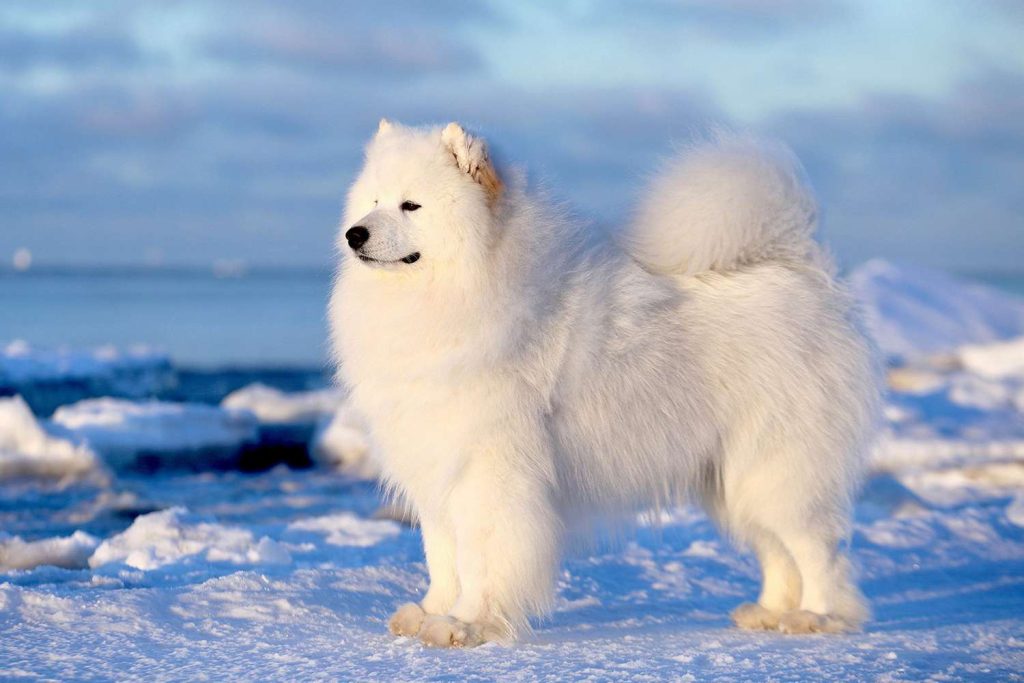
Size and Breed Category
The Samoyed is a medium to large breed of dog that originated from Siberia. They are known for their thick, fluffy white coat that helps them withstand the harsh winter climate of their homeland. Samoyeds are classified as a working breed, as they were originally bred to herd reindeer, pull sleds, and guard their owners’ property. They are also known for their friendly and sociable nature, making them popular family pets.
In terms of size, male Samoyeds typically stand between 21-23.5 inches (53-60 cm) tall at the shoulder and weigh between 45-65 pounds (20-30 kg). Females are slightly smaller, standing between 19-21 inches (48-53 cm) tall and weighing between 35-50 pounds (16-23 kg). Despite their size, Samoyeds are agile and athletic dogs, with a strong and muscular build. They have a distinctive wedge-shaped head and dark, almond-shaped eyes that give them a friendly and intelligent expression. Overall, the Samoyed is a beautiful and versatile breed that is well-suited to a variety of lifestyles.
Fur Length and Colour
The fur of a Samoyed is one of its most distinctive features. The breed is known for its thick, fluffy coat that provides excellent insulation against cold weather. The fur is typically white or cream in colour, although some Samoyeds may have darker markings on their face or ears. The fur is made up of two layers: a dense, woolly undercoat and a longer, coarser topcoat. The undercoat is shed twice a year, which can result in a significant amount of shedding. Regular grooming is necessary to keep the fur in good condition and prevent matting.
The length of a Samoyed’s fur can vary depending on the individual dog. Some Samoyeds have shorter fur that is easier to maintain, while others have longer fur that requires more attention. The fur on the tail and hindquarters is typically longer than on the rest of the body, giving the dog a distinctive “plumed” appearance. The fur on the face and ears is shorter and more compact. The texture of the fur is soft and silky, and it is often compared to the texture of cotton. Despite its thickness, the fur of a Samoyed is surprisingly lightweight and does not weigh the dog down.
Termperament and Trainability
Samoyeds are known for their friendly and outgoing temperament. They are a breed that thrives on human companionship and are often referred to as “smiling dogs” due to their happy and cheerful disposition. Samoyeds are also known for their loyalty and affection towards their owners, making them great family pets. However, they can be quite independent and stubborn at times, which can make training a bit of a challenge. It is important to start training early and use positive reinforcement techniques to ensure success. Overall, Samoyeds are a loving and sociable breed that make great companions for those who are willing to put in the time and effort to train them properly.
When it comes to trainability, Samoyeds are a breed that requires patience and consistency. They are intelligent dogs that are quick to learn, but can also be easily distracted by their surroundings. Samoyeds have a strong prey drive and may be prone to chasing small animals, so it is important to socialize them early and teach them appropriate behavior around other animals. They also have a tendency to bark, which can be a challenge to control. However, with proper training and socialization, Samoyeds can be well-behaved and obedient pets. It is important to provide them with plenty of exercise and mental stimulation to keep them happy and healthy. Overall, Samoyeds are a trainable breed that can excel in a variety of activities, including obedience, agility, and even therapy work.
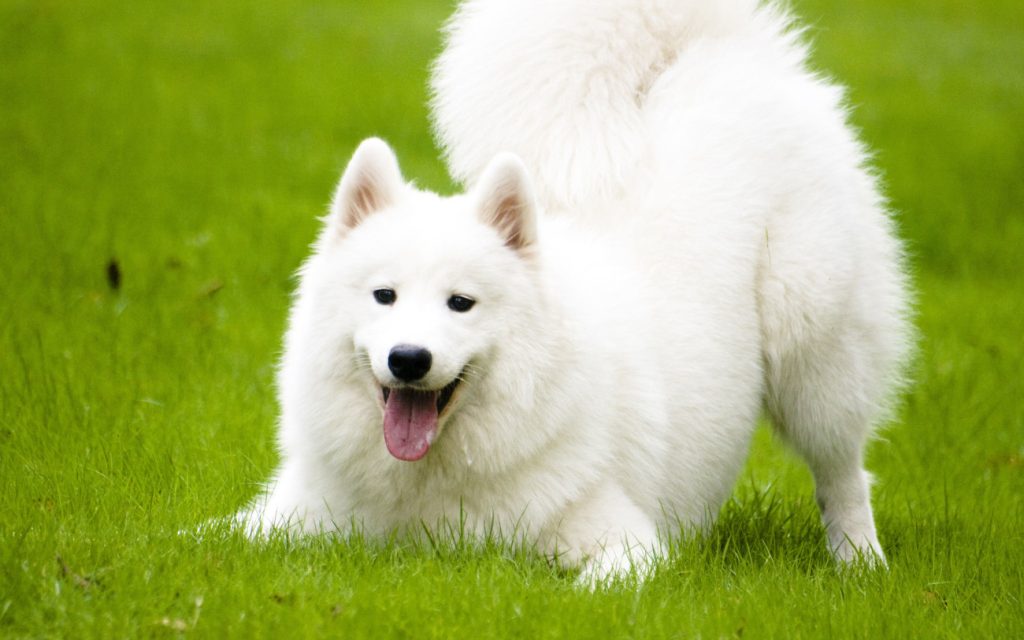
Known Health Conditions
Samoyeds are a breed of dog that are known to be prone to certain health conditions. One of the most common health issues that Samoyeds face is hip dysplasia. This is a condition where the hip joint does not develop properly, leading to pain and discomfort for the dog. Samoyeds are also at risk of developing progressive retinal atrophy, which is a degenerative eye disease that can lead to blindness. Additionally, Samoyeds may be prone to allergies, particularly to food and environmental allergens. These allergies can cause skin irritation, itching, and other uncomfortable symptoms.
Another health condition that Samoyeds may experience is hypothyroidism. This is a condition where the thyroid gland does not produce enough hormones, leading to a range of symptoms such as weight gain, lethargy, and skin problems. Samoyeds are also at risk of developing diabetes, which is a condition where the body is unable to regulate blood sugar levels properly. This can lead to a range of symptoms such as increased thirst, frequent urination, and weight loss. Finally, Samoyeds may be prone to certain types of cancer, such as lymphoma and osteosarcoma. These conditions can be difficult to treat and may require aggressive medical intervention.
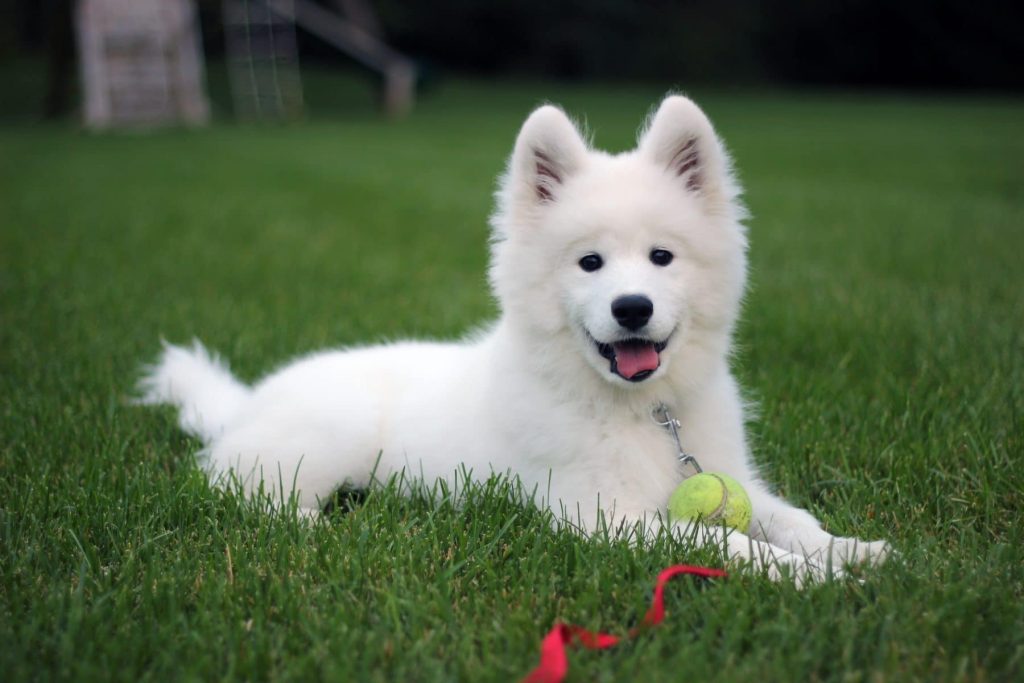
Openness to Strangers
Samoyeds are known for their friendly and welcoming nature towards strangers. They are a breed that is always eager to meet new people and make new friends. Their outgoing personality makes them a popular choice for families with children, as they are patient and gentle with kids. Samoyeds are also known for their loyalty and devotion to their owners, which makes them excellent companions. They are always eager to please and will go out of their way to make their owners happy.
In addition to their friendly nature, Samoyeds are also very sociable dogs. They enjoy being around people and other animals, and they thrive in social situations. They are often used as therapy dogs because of their calming and comforting presence. Samoyeds are also very intelligent and trainable, which makes them easy to teach new tricks and commands. They are a breed that loves to learn and is always eager to please their owners. Overall, Samoyeds are a wonderful breed of dog that is known for their friendly and sociable nature.
Playfulness Level
The Samoyed is a highly playful breed of dog that loves to have fun. They are known for their energetic and lively nature, and they are always up for a game or a run around the park. Samoyeds are particularly fond of playing with their owners, and they will often initiate games of fetch or tug-of-war. They are also very social animals, and they love to play with other dogs and people. Samoyeds are very intelligent and they enjoy learning new tricks and games, so they are great companions for families who enjoy spending time outdoors and engaging in physical activities.
Despite their playful nature, Samoyeds are also very gentle and affectionate dogs. They love to be around people and they are very loyal to their owners. They are also very protective of their families, and they will often bark to alert their owners of any potential danger. Samoyeds are very adaptable dogs, and they can thrive in a variety of different environments. They are particularly well-suited to living in colder climates, as their thick fur coat provides excellent insulation against the cold. Overall, the Samoyed is a wonderful breed of dog that is sure to bring joy and happiness to any household.
Suitability as a Pet for Children
Samoyed dogs have a friendly and gentle nature, making them a great choice as a pet for children. They are known for their loyalty and affection towards their owners, and are often described as being good with children. Samoyeds are also highly intelligent and trainable, which means they can be easily taught to follow commands and behave well around children. Additionally, their thick, fluffy coat makes them a great cuddle buddy for kids. However, it is important to note that Samoyeds require regular exercise and grooming, which may not be suitable for all families.
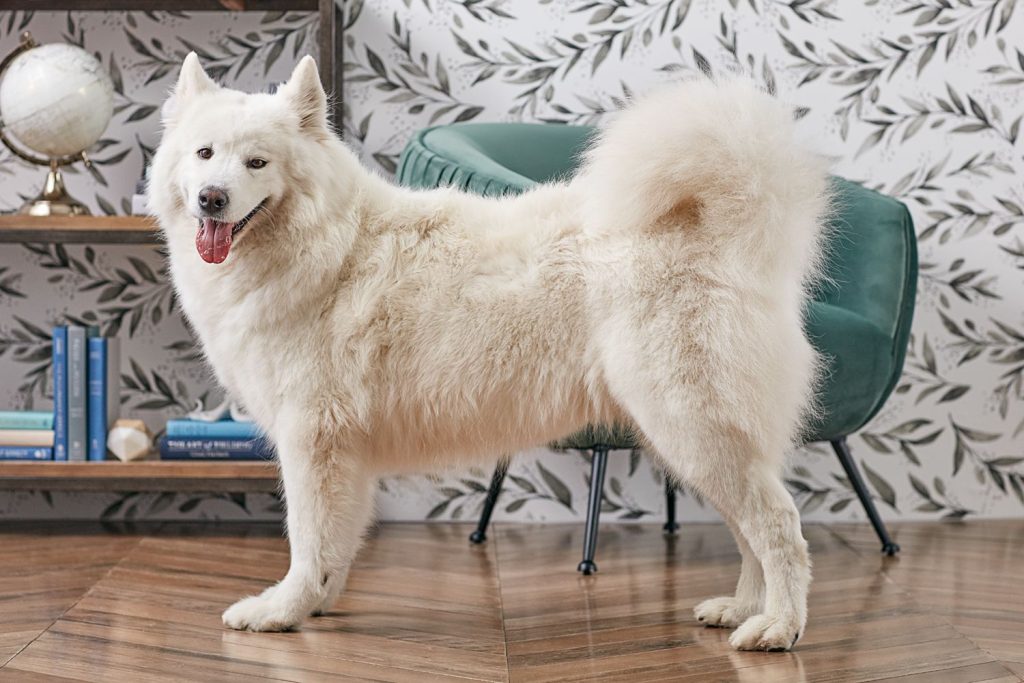
Exercise Needs
Samoyeds are a highly active breed that require a significant amount of exercise to maintain their physical and mental health. As a medium to large-sized breed, they need at least 60 minutes of daily exercise, which can be achieved through a combination of walks, runs, and playtime. Samoyeds are known for their love of the outdoors and enjoy activities such as hiking, swimming, and playing fetch. It is important to note that Samoyeds have a thick double coat, which makes them better suited for cooler climates. Therefore, it is recommended to exercise them during the cooler parts of the day, such as early morning or late evening, to prevent overheating.
In addition to physical exercise, Samoyeds also require mental stimulation to prevent boredom and destructive behavior. They are an intelligent breed that enjoys learning new tricks and participating in activities such as obedience training and agility courses. Interactive toys, such as puzzle feeders and chew toys, can also provide mental stimulation and prevent destructive chewing. Samoyeds are social dogs that thrive on human interaction and should not be left alone for extended periods of time. Regular exercise and mental stimulation can help prevent behavioral issues and ensure a happy and healthy Samoyed.
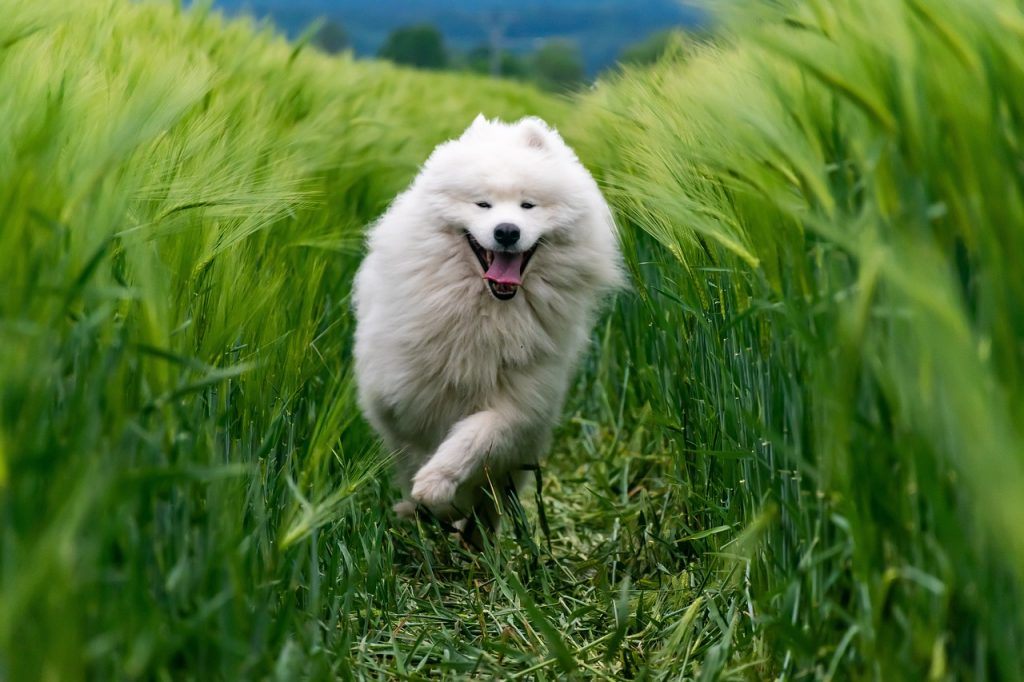
Suitability for a Multi-Pet Family
Samoyeds have a reputation for being friendly towards other pets. They are known to be sociable animals and enjoy the company of other animals. Samoyeds are often seen playing with other dogs and cats, and they are generally gentle and patient with smaller animals. However, as with any breed, it is important to introduce them to other pets slowly and carefully to ensure that they get along well. It is also important to supervise their interactions to prevent any potential conflicts.
Housing Requirements
Samoyeds are a breed that requires a spacious living environment. They are active dogs that need plenty of room to move around and play. A house with a large backyard or access to a park would be ideal for this breed. Samoyeds also require a comfortable and warm sleeping area, as they are sensitive to cold temperatures. A cozy bed with soft blankets would be perfect for them. Additionally, Samoyeds need regular grooming to maintain their thick, fluffy coat. A designated grooming area with a table and grooming tools would be beneficial for their upkeep.
In terms of exercise, Samoyeds require daily walks and playtime. They are a breed that enjoys being outdoors and exploring their surroundings. A minimum of 30 minutes of exercise per day is recommended for this breed. Samoyeds also enjoy mental stimulation, so interactive toys and games would be beneficial for their overall well-being. It is important to note that Samoyeds are social dogs and thrive on human interaction. They require plenty of attention and affection from their owners. A family that can provide them with love and attention would be the perfect fit for this breed.
Summary
Samoyeds make great pets for active families who enjoy spending time outdoors. They require regular exercise and mental stimulation to keep them happy and healthy. They are known for their friendly and affectionate nature, making them great companions for children and adults alike. Samoyeds are also highly intelligent and trainable, making them suitable for a variety of activities such as obedience training, agility, and even therapy work. However, potential owners should be aware that Samoyeds do shed heavily and require regular grooming to maintain their thick, fluffy coat.
Samoyed Dog FAQS
Samoyeds can be stubborn, but with consistent training and positive reinforcement, they can be trained well.
Samoyeds are friendly and not typically used as guard dogs.
Yes, Samoyeds are known for being great with children.
Samoyeds are not recommended for apartment living as they need a lot of space and exercise.
Samoyeds can get along with other pets if socialized properly from a young age.
Samoyeds are prone to hip dysplasia, eye problems, and skin allergies. Regular vet check-ups are important.
Yes, Samoyeds are heavy shedders and require regular grooming.
Samoyeds need at least 1-2 hours of exercise per day.
The average lifespan of a Samoyed is 12-14 years.
The average weight of a Samoyed is between 20-30 kg.
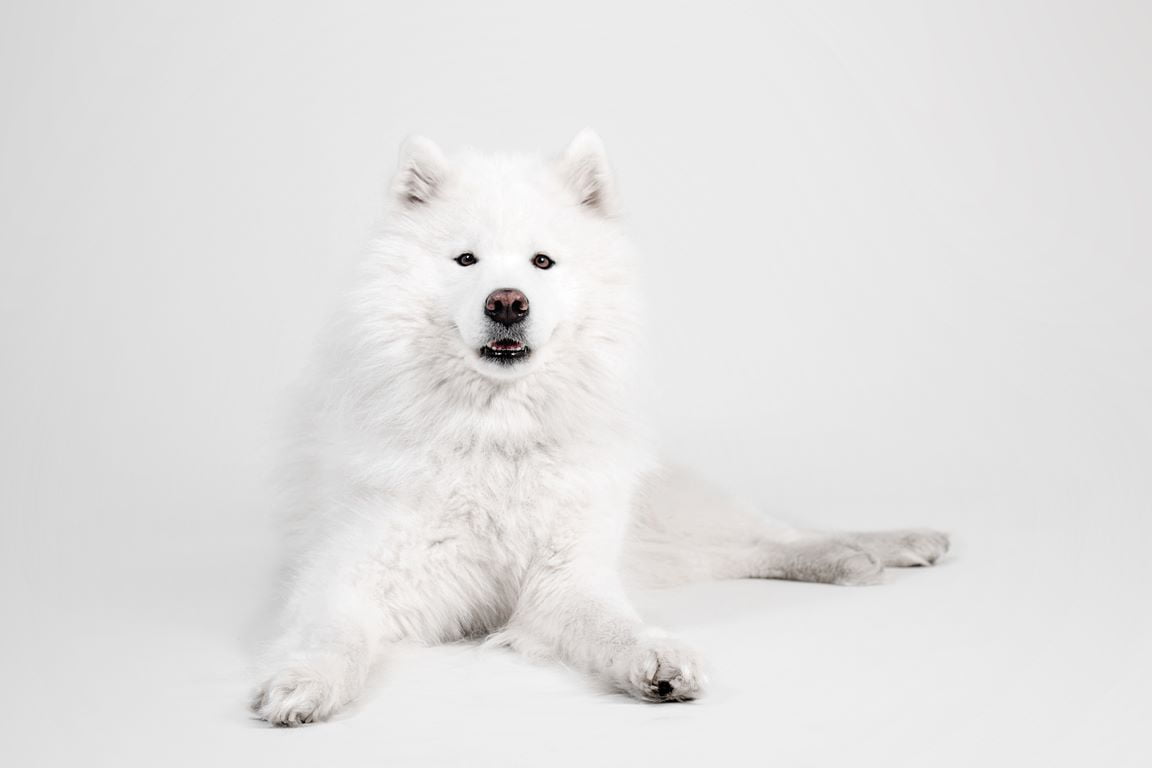
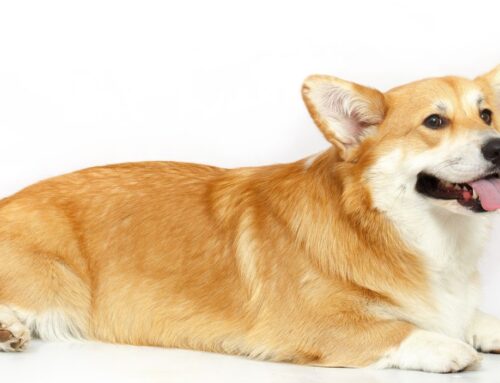
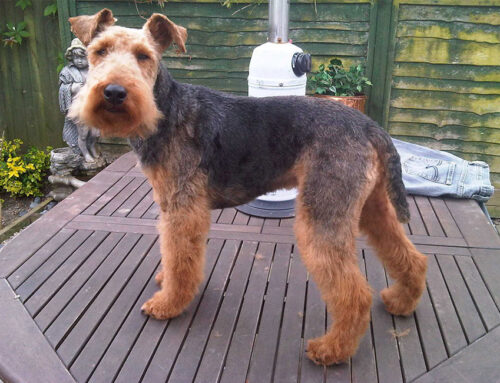

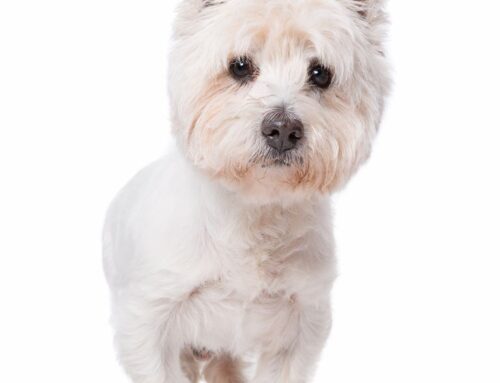
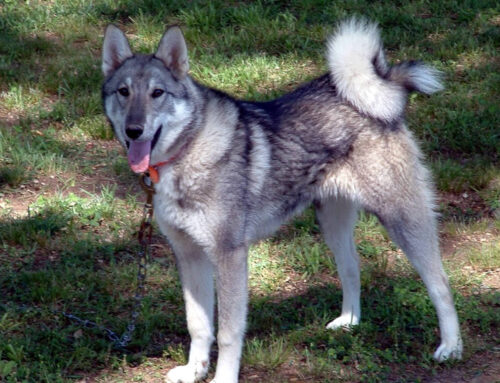
Leave A Comment